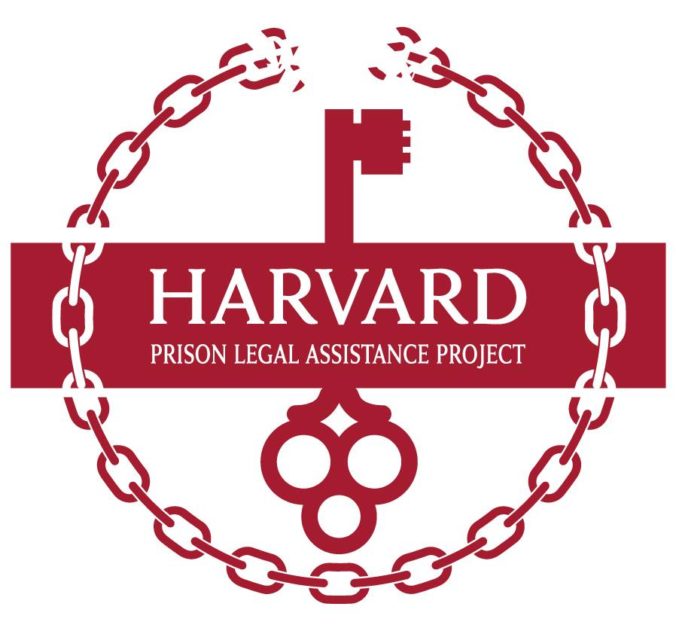PLAP Student Attorney Matthew Disler (J.D. ’21) provides a first-hand account of his experience representing a client in a disciplinary hearing this past fall. Matthew took the case with the assistance of Kaitlyn Gerber (J.D. ’19) and Sadie Hillier (J.D. ’20).
In 2018, guards woke a man incarcerated in a minimum security prison and informed him that he had been implicated in a scheme to introduce contraband. He had no knowledge of the scheme, which he tried to explain. But when he received his disciplinary report, he learned how officers had linked him to the seized contraband. The bust consisted of several packages of material, including cigarettes, alcohol, drugs, and cell phones, and one of the packages was labeled with a word that matched his surname.
The prisoner was charged with committing fifteen separate rule violations for allegedly attempting to receive this material. He is entitled to a hearing on those charges, but his case moved slowly, and he was pulled back from minimum security to medium security while waiting to resolve his case. Medium security prisons offer fewer privileges, and fewer of the program or work opportunities that enable prisoners to earn “good time” – a reduction in their sentence. After several months without any progress toward resolution, this prisoner called PLAP to ask for assistance, and I agreed to take his case.
It was my first disciplinary hearing, and despite the training I had received in PLAP, I didn’t know what to expect. I had never even visited a prison before, and when I traveled to the prison to meet with my client, I wasn’t confident that I could provide satisfactory answers to any of his questions. I didn’t know his chances for getting his charges dismissed, what evidence the prison had collected or would disclose, or even when we could expect a hearing. In the meantime, although my client had had a parole hearing scheduled, the pending disciplinary report meant that he would not be paroled, or transferred back to minimum security, while his charges remained pending. In short, he was in limbo.
It remained this way for months, despite my efforts to obtain discovery and move the case forward. Throughout the spring semester and into the summer, we received no updates from the prison. Finally, in August, the disciplinary officer in charge of the case informed me that the evidence was finally available, and that after I reviewed it (many of the documents were deemed “view only,” meaning I could visit the prison and see them but could not have copies) we could schedule a hearing for early September—more than a year after the contraband seizure that led to these allegations.
By the time of the disciplinary hearing, I had learned many more facts that helped my client’s case. His surname, which the contraband scheme participants had allegedly written on one package and which served as the main piece of evidence against him, turned out to be very common among people incarcerated in Massachusetts prisons. Furthermore, all the other words written on the packages were nicknames, not surnames; it would have been odd for the participants to use nicknames in labeling all of the packages but an actual surname for just one of them. And none of the other individuals involved in the alleged contraband scheme had ever identified my client as a participant. The only connection was that my client had, before his incarceration, been an acquaintance of one of the scheme’s purported organizers. But it was neither unusual nor suspicious for two incarcerated people to have met each other before imprisonment.
I explained all of these points at the disciplinary hearing. As I argued, the charges in disciplinary reports need to be proven by a preponderance of the evidence. A word written on one package, where no other evidence pointed to my client and no participant in the scheme had ever identified my client as a participant, clearly failed to meet that standard.
Thankfully, the hearing officer agreed and dismissed all fifteen charges against my client. There simply was no “corroborating evidence” that my client knew about the contraband or was the intended recipient, he wrote. The evidence could not meet the burden of proof for any of the charges.
While I was thrilled about our victory, it was also a bittersweet moment. The hearing officer’s decision confirmed what the PLAP team and I had always thought: that the charges against my client were flimsy and couldn’t stand up to any real scrutiny. But that validation meant that my client’s life had been uprooted because of a series of events that were entirely out of his control. A word scribbled on a package that he knew nothing about had changed everything, from his custody level to his sentence length and parole eligibility. And the repercussions of that lost time won’t disappear just because we won the case.
